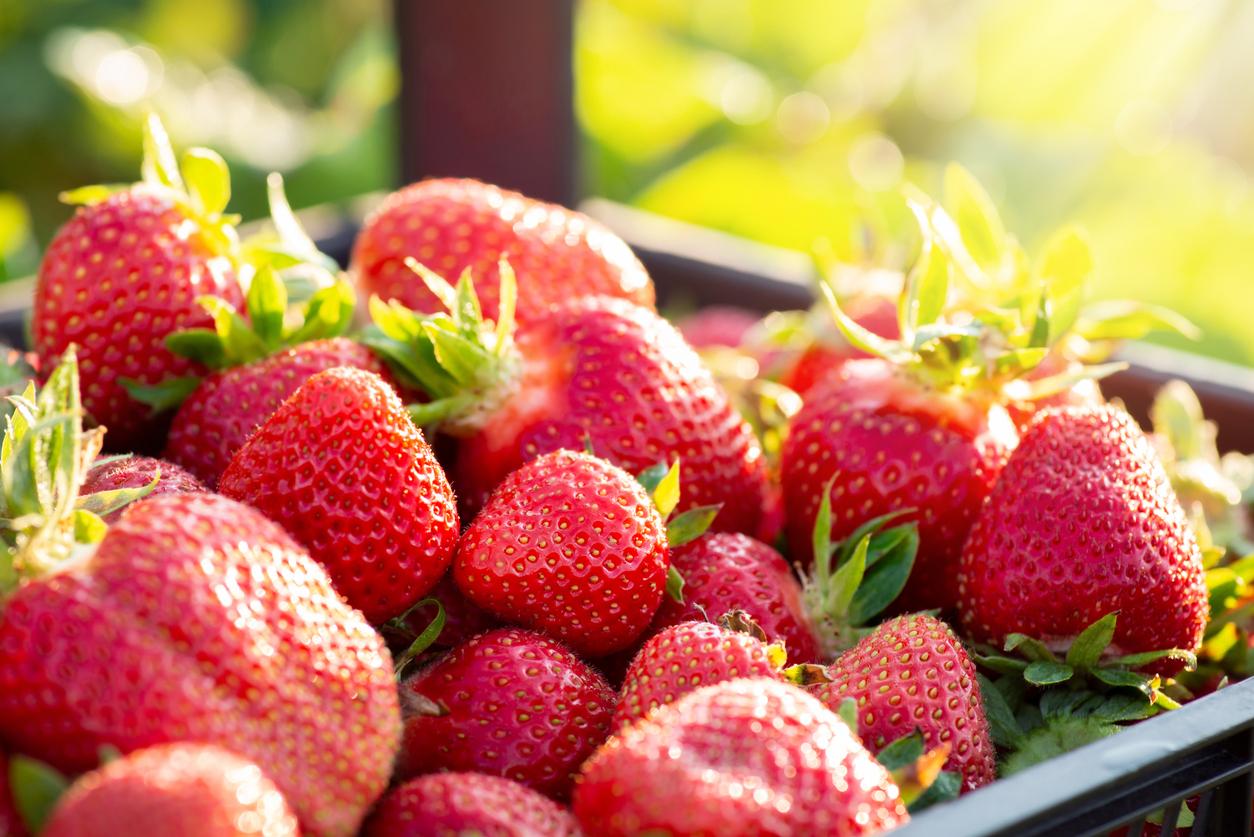MONTREAL (PasseportSanté.net), November 20, 2003 – Fifty percent of the Quebec strawberry samples analyzed this summer contained pesticide residues and the contamination of one of the samples exceeded the standards accepted by the government, revealed a researcher from the Ministry of Agriculture, Fisheries and Food (MAPAQ) during the “Pesticides and health” conference.
In addition to strawberries, the researchers also analyzed samples of broccoli, lettuce, sweet corn, green peppers and tomatoes. Of the group, strawberries received the worst score, as 14 of the 28 samples analyzed contained pesticide residues. The same was true for 37% of romaine lettuce samples (15 of 41) and green peppers (14 of 38), for 7% of broccoli samples (3 of 46), for 6% of tomato samples (2 of 32) and 2% of the sweet corn samples (1 of 39).
The contamination of one sample of broccoli and five samples of romaine lettuce also exceeded the threshold deemed acceptable by the government. In contrast, no contamination was detected in the head lettuce samples analyzed. The contamination detected was very generally very low, apart from the “off-standard” samples, but scientists still admit that they do not understand the health effects of long-term exposure to low doses of pesticides. There are particular concerns about the combined effect that certain residues found in food could have.
It is also very difficult to quantify the evolution of the problem. Thus, in 1994, 9% of the samples analyzed contained pesticide residues exceeding the permitted standards; this percentage seems to have stabilized around 1% since 2000, but an expansion of the MAPAQ monitoring program will inevitably result in an increase in the number of pesticides detected. Currently, the MAPAQ program covers 180 active substances.
To reduce the ingestion of pesticide residues on foods, the Government of Canada recommends washing fruits and vegetables thoroughly before consuming them, or removing the peel when deemed necessary (even if in fact, we deprive ourselves of a good part of the dietary fiber of the product). Organic foods are also recommended since, by definition, they are produced without pesticides.
The “Pesticides and Health” conference takes place on November 19, 20 and 21 at the University of Montreal and brings together around 200 experts in the field (see the text of PasseportSanté.net on this subject, dated November 19, 2003).
Jean-Benoit Legault – PasseportSanté.net














